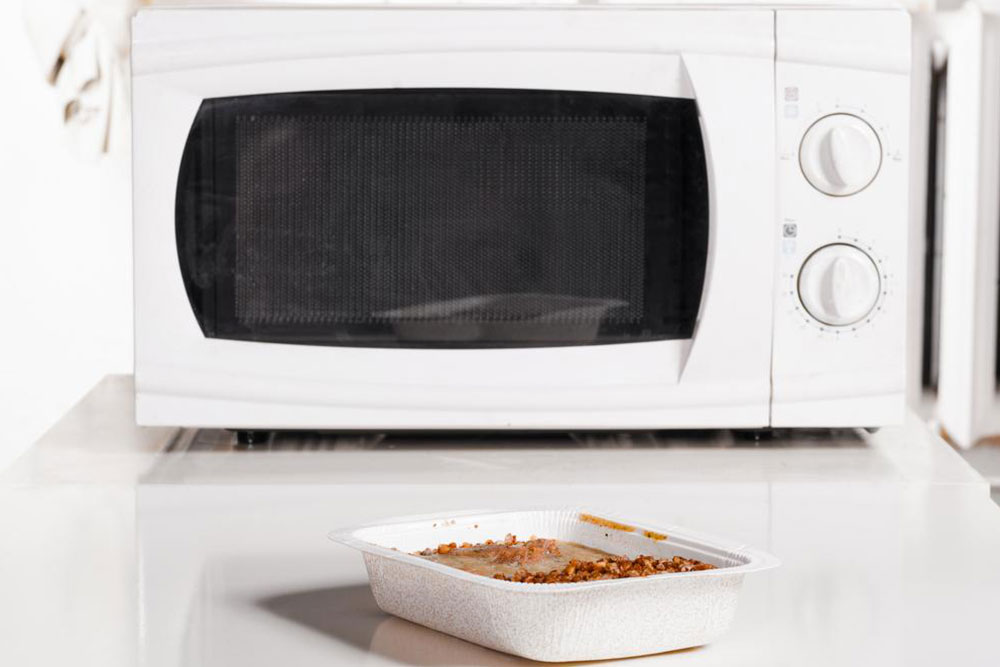Pros and cons of gas and electric oven ranges
Gas and electric oven ranges come in various sizes and models and have outstanding features. However, before shopping a new unit, you must research the available models and analyze your needs.
Electric ovens vs. gas ovens
People without gas supply obviously go for the single oven electric ranges, but if you have options, cooking preferences come into play. Many individuals prefer the electric ones because of safety issues as there’s no risk of gas leak or accident. Deciding factors can be:
- Popular options: In terms of price as well as performance, electric smooth-top ones are most popular ones.
- Budget : Gas ranges are more costly than the electric counterparts.

Pros and cons of gas ranges
Double or single oven gas ranges heat quickly to enable even cooking. After turning the flame off, the cooked food lies on the range, and no risk of overcooking is there as the elements cook faster. As far as the fuel cost is concerned, natural gas or propane comes cheap while electricity units are costly.
However, the flame stability can be one demerit if the range is kept near a window. Oven temperatures are much hotter at the topmost part and hence, baking needs rotation. The humid heat is not appropriate for roasting purposes. Moreover, cleaning these gas ranges is difficult.
Pros and cons of electric ranges
Single oven electric ranges are easy to operate and clean. The surface is even and stable for pots or pans as compared to stoves. No issue of oil pooling on one corner and even heat distribution are some advantages. Fans and grillers come in electric ranges along with an additional feature to keep food warm.
Among disadvantages, since these ranges depend upon the electricity they cannot be used if the power goes off. Also, in case of heavy water splash, drop, or scratch, the ceramic cooktop shatters.

